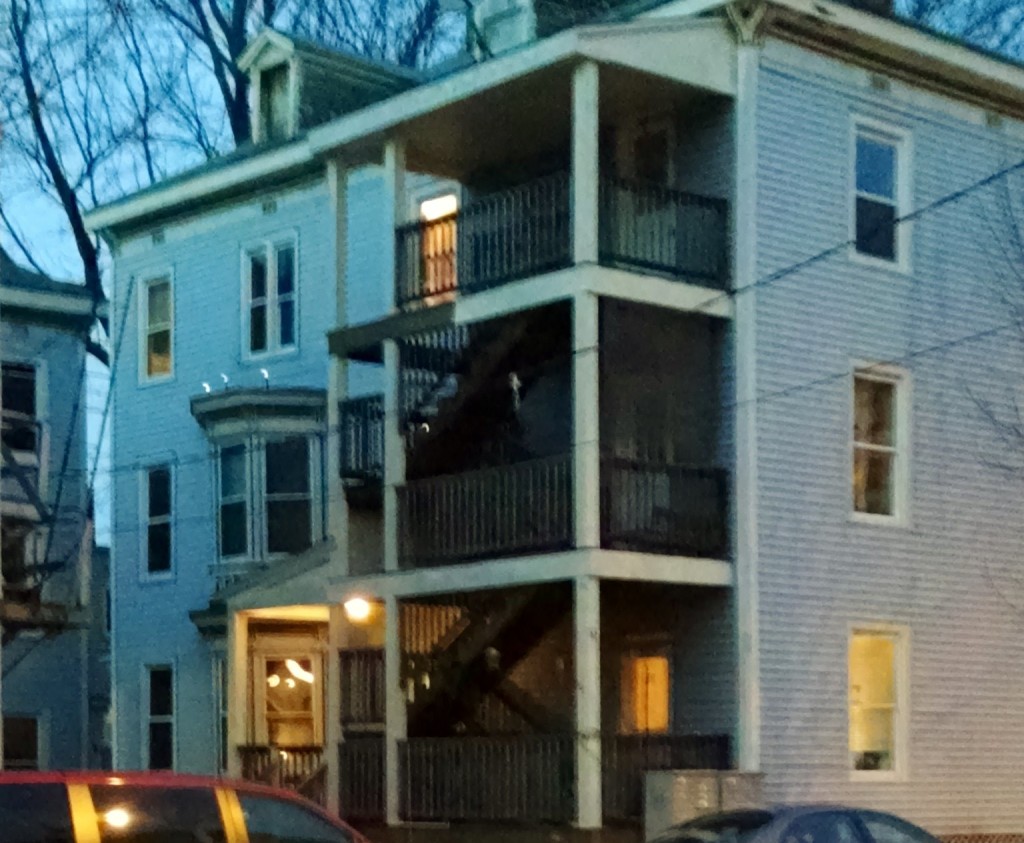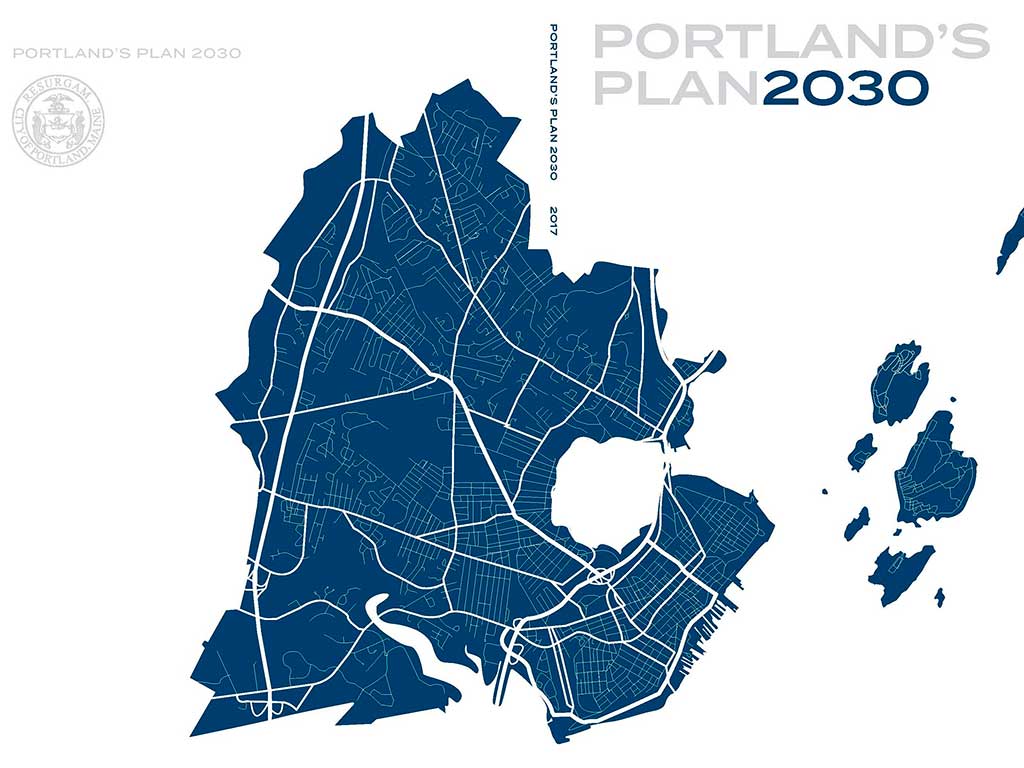By Tony Zeli (with contribution from Pine Tree Legal Assistance)

On August 26th, the US Supreme Court struck down the Center for Disease Control’s order to temporary protect tenants from eviction for nonpayment of rent. There is now no restriction on evictions related to the pandemic. However, many Mainers are eligible for Emergency Rental Assistance (ERA), now available to certain income levels who have experienced financial hardship during the pandemic.
Speaking with Pine Tree Legal Assistance, they believe many who may be eligible for rental assistance have not yet applied for it. They want to get the word out that the money is available to help keep people housed. So, here are some frequent questions about rental assistance with answers provided by the team at Pine Tree Legal Assistance, a nonprofit that provides free civil legal aid in Maine.
Please call Pine Tree Legal Assistance if your landlord takes any action to evict you. This information is subject to change. Look for up to date information on Pine Tree Legal Assistance’s website at https://ptla.org.
What does ‘Emergency Rental Assistance’ help with? What if I’m behind on utilities, too?
- ERA can help tenants pay their rent and utility bills for up to 18 months.
- If you are struggling to pay for rent and utilities during the pandemic, you can apply for help through the Maine State Housing Authority website (https://www.mainehousing.org/programs-services/rental/rentaldetail/covid-19-rental-relief-program).
- Landlords also benefit from this program. Rent payments can be made directly from the local Community Action Program to the landlord.
I don’t get other government benefits. Could I still be eligible for ERA?
- You may be eligible for ERA even if you are not eligible for other income-based programs.
- If you are not eligible for other benefits (like SNAP/food stamps) because your income or assets are too high, you may still be eligible for ERA.
I applied before and was denied… I didn’t apply because my financial hardship is not directly related to Covid-19… Or I did apply and used up all that I was eligible for… Should I apply again?
- The rules for the ERA program changed in early August 2021 to include more people.
- The biggest change is that you can now get ERA even if your financial hardship is not related to the Covid-19 pandemic. Now, if you experienced financial hardship during the pandemic that is enough. If this is your situation, you should re-apply.
- The other substantial change is how much help is available. Tenants can now get 18 months of ERA. Previously, they could only get 15 months. If you had reached your 15-month limit for assistance, you could now get an additional 3 months of help. If this is your situation, you should re-apply.
What can I do if I’m denied Emergency Rental Assistance?
You can call Pine Tree Legal Assistance for help at (207) 622-4731 or visit https://www.ptla.org/contact-us.
Is there a ban on evictions in Maine?
- There is no eviction ban or eviction moratorium.
- The Centers for Disease Control (CDC) issued an order on August 3rd that gave temporary protection to some renters facing eviction for nonpayment of rent. But on August 26th, the U.S. Supreme Court decided that the CDC did not have that power.
- It has been very confusing for everyone, but the important thing to know now is that there is no eviction moratorium.
Pine Tree Legal Assistance is available to help if your landlord takes any action to evict you (https://www.ptla.org/contact-us). We also give up-to-date presentations on the eviction process every Tuesday at 9 a.m. You can watch the presentations, and ask an attorney questions about the process, at this website: https://www.ptla.org/fed.
Tony Zeli is publisher and editor. Contact him at thewestendnews@gmail.com.
Pine Tree Legal Assistance is a nonprofit organization that receives funding from the Legal Services Corporation (federal appropriation), the State of Maine (including a general Appropriation, allocations from the Maine Civil Legal Services Fund, and State contracts), the Maine Justice Foundation (including IOLTA), the Campaign for Justice, United Ways, other federal grants, and generous support from foundations, corporations, and individual donors.





